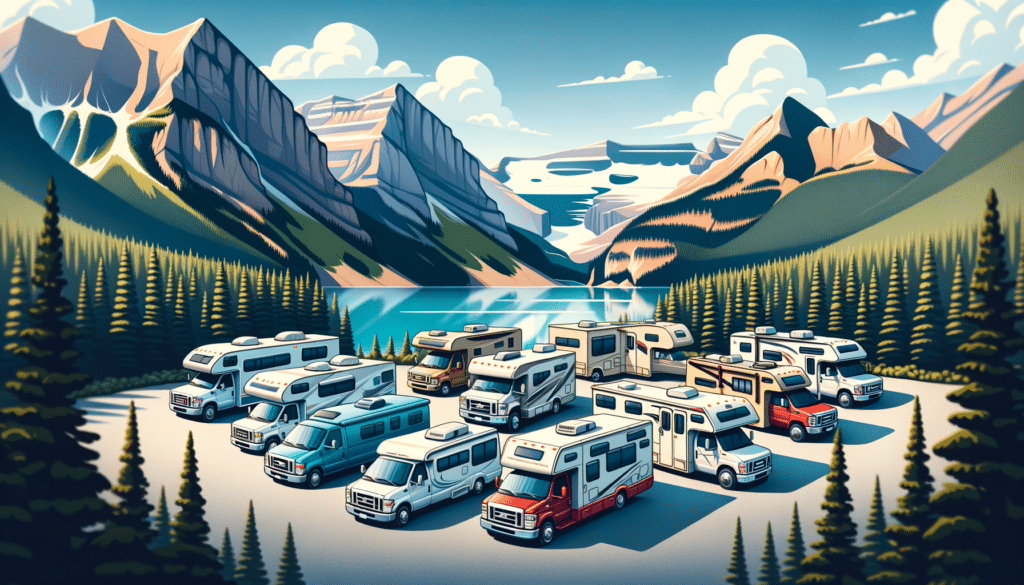Understanding Rent-to-Own Recreational Vehicles
Rent-to-own recreational vehicles (RVs) present an attractive option for those who dream of owning an RV but are hesitant to make a full financial commitment immediately. This model allows potential owners to rent an RV with the option to purchase it later. The appeal of this approach lies in its flexibility and the opportunity it provides to test the waters of RV ownership without a significant upfront investment.
In a rent-to-own agreement, a portion of the rent paid is typically credited towards the eventual purchase of the vehicle. This arrangement can be particularly beneficial for those who are new to RVing and want to experience the lifestyle before committing to a purchase. It also allows individuals to spread out the cost over time, making it more manageable.
However, it’s essential to understand the terms and conditions associated with rent-to-own agreements. Potential buyers should be aware of the interest rates, the total cost compared to a direct purchase, and any penalties for opting out of the purchase. Additionally, the condition of the RV at the end of the rental period can affect the decision to buy. Therefore, regular maintenance and care are crucial.
The Financial Aspects of Rent-to-Own RVs
When considering rent-to-own RVs, understanding the financial implications is crucial. This model can offer a more accessible entry point into RV ownership, but it’s important to weigh the costs and benefits carefully. One of the primary advantages is the ability to apply a portion of the rental payments towards the purchase price, effectively reducing the overall cost of the vehicle over time.
For many, rent-to-own agreements serve as a bridge between renting and owning, providing an opportunity to build credit and financial stability. However, potential buyers should be aware of the interest rates involved in these agreements. While they may be higher than traditional financing options, the flexibility and reduced initial financial burden can be appealing.
Key financial considerations include:
- Initial down payment requirements, which can vary significantly.
- The percentage of rent applied to the purchase price.
- Interest rates and how they compare to conventional loans.
- Potential penalties for terminating the agreement early.
By carefully analyzing these factors, prospective RV owners can make informed decisions that align with their financial goals and lifestyle aspirations.
Benefits and Drawbacks of Rent-to-Own RVs
Rent-to-own RVs come with a unique set of benefits and drawbacks that potential buyers should consider. On the positive side, this model offers a way to experience RV ownership without the immediate financial commitment of a full purchase. It allows individuals to explore different models and features, helping them make an informed decision about the type of RV that best suits their needs.
Another advantage is the potential for improved credit. Consistent, on-time payments can positively impact credit scores, making it easier to secure financing for other purchases in the future. Additionally, the flexibility of rent-to-own agreements can be appealing to those who are uncertain about their long-term plans or who want to avoid the depreciation associated with new vehicles.
However, there are also potential drawbacks to consider. The total cost of ownership through a rent-to-own agreement may be higher than purchasing an RV outright, especially when factoring in interest rates and fees. Additionally, the terms of the agreement may include restrictions on usage, such as mileage limits, which could affect the overall enjoyment of the RV experience.
Ultimately, the decision to pursue a rent-to-own RV should be based on a thorough understanding of the agreement’s terms, as well as personal financial and lifestyle goals. By weighing the pros and cons, individuals can determine whether this path to RV ownership is the right fit for them.




